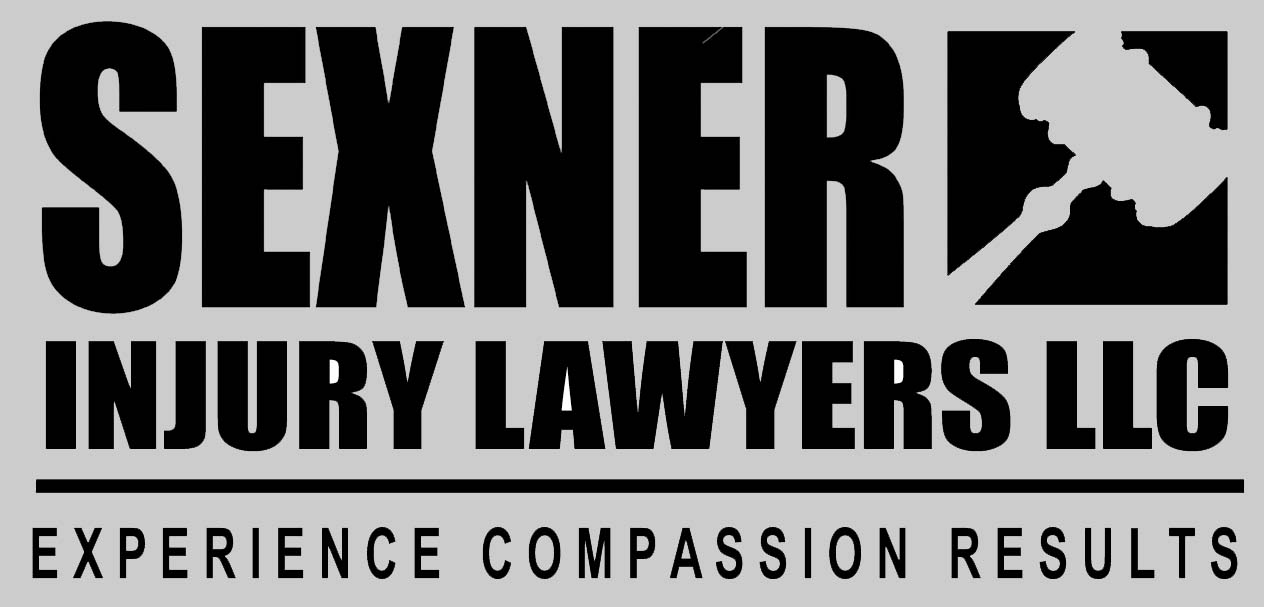Chicago Uber Accident Attorneys
These days, fewer and fewer people drive themselves to their destinations. Especially in crowded urban areas such as Chicago; it’s sometimes just easier and less expensive to travel by cab or rideshare. Instead of driving your own car, these services are just a call (or an app) away and allow you to save the cost of gas and parking. But what happens when the driver is involved in an accident and you or a family member is injured?
Unlike cabs, which in one form or another have been around for over 100 years, the newer options of Uber, Lyft, Sidecar, and Curb have somewhat different rules regarding how and when an injured person may be entitled to financial compensation. Perhaps you’ve seen an Uber accident commercial on TV and have questions. Here are some answers to a few of the most commonly asked questions:
1. Why is determining whether the driver is an employee so important?
If someone has been injured in an accident due to the negligence of a hired driver, one of the most important differences between cab/limousine drivers and Uber/Lyft drivers involves the question of whether the driver is an "employee" or an "independent contractor."
If the driver is considered an employee, then his or her company (and therefore the company’s insurance company) is usually responsible for all money damages. This is because in most places (like Chicago) employers are responsible for the actions of their workers. This is called vicarious liability and is often the best possible situation for you, because such insurance companies usually have policies with limits of millions of dollars to pay out. Generally, a driver is considered to be an employee if his boss tells him when to work, where to work, and how to work.
But sometimes the driver is considered an independent contractor, which means that although the driver works for the rideshare company, he or she makes most of the decisions (not the boss) about how, where, and when to work. When someone is an independent contractor, usually it’s that person’s personal insurance company which is responsible, not the employer’s company. That could be a problem if the person has a very low policy limit of $25,000 or no insurance at all.
2. How does Uber try to avoid paying for injuries?
Rideshare companies like Uber (and many taxi/limo companies as well) want you to leave their insurance company alone! That’s because when an injured person gets money from their insurance company, their rates go up. They would much rather that you bother the driver’s personal insurance company. How do they try to do that? By arguing that the driver was an "independent contractor" and not really their "employee."
Uber’s insurance company also tries to avoid liability for injuries depending upon whether the Uber driver was logged in to the Uber app and transporting passengers at the time of the accident, logged in but waiting for a passenger, on the way to picking up a passenger, or not logged in at all.
But experienced Chicago car accident lawyers like those at Sexner Injury Lawyers LLC know how to fight the big companies and win. Just because Uber says that their driver isn’t an "employee" doesn’t make it true.
3. Why do Uber accidents happen?
When you’re the passenger in a friend’s car, the driver has your best interests at heart. The driver isn’t getting paid to transport you and the most important thing on his or her mind is just getting to the destination safely. But when you use a cab, limo, or rideshare like Uber, there are other things on the driver’s mind as well, specifically, how much will they will get paid. Sometimes, a cab or limo driver is being paid a fixed dollar amount to drive you somewhere, like Chicago’s Midway Airport or O’Hare Airport. But other times, the driver’s pay is directly related to how fast he can get you there, how many other passengers he can transport in a day, and how many hours in a day he works.
Of course, working long hours or speeding increases the chance for accidents. Unsafe turns, failure to properly use turn signals, dangerous passing maneuvers, and improper lane use may help your Uber driver earn extra cash, but unsafe driving puts you in danger - either as a passenger, or as a driver in your own car.
So financial concerns often put extra pressures on the driver, leading to unsafe driving. But there are other common problems with taxi, limo, and Uber drivers that increase the risk for accidents, injuries, or wrongful death. These include:
- Poor maintenance of vehicle: Especially with Uber/Lyft drivers who must maintain their own cars; sometimes they’re just too busy (or they find it too expensive) to keep their cars in good repair while driving so many miles. Bald tires and mechanical problems increase the risk for harm to you.
- Overworked/tired drivers: When a driver’s pay is directly tied to how fast and how long he works, the driver may become sleepy or inattentive, leading to accident and injury.
- Smartphone usage: Rideshare and taxi drivers are constantly on their phones, whether to access GPS directions, speak to the company office for instructions, or access the Uber app while transporting passengers. Every moment that a driver looks away from the road to check her phone is a moment that may lead to death or injury.
- Alcohol or drug usage: Cab, limousine, and Uber drivers may be tempted to take drugs or alcohol to get through their long day or to keep them up and awake. In addition to such usage being a crime in Chicago and across Illinois, such actions obviously increase the chances for serious accidents.
- Distracted drivers: Chatting with passengers, talking on the phone, looking at online apps, and viewing navigation instructions while driving can easily lead to an accident. There are enough disturbances on the road to keep any driver busy without these extra sources of distraction.
Uber Sexual Assaults and Screening of Drivers
When a nurse is hired to work in a nursing home, the employer does a thorough background check to make sure this employee doesn’t have a criminal history of drug usage, sex offenses, or violence towards others.
Do all taxi/limo and rideshare companies do as thorough a background check as they should?
Absolutely not.
At least in a nursing-home setting, there are presumably other employees around to make such attacks less likely. But in an Uber or taxi, it’s usually just two people, often late at night, driving through empty streets. Sometimes the passenger is intoxicated - unable to defend himself or herself against a potential attack.
Although generally, an employer is not responsible for the criminal actions of an employee, this is not always the case. Many millions of dollars have been recovered for victims of assaults under such circumstances. But it takes an aggressive and knowledgeable attorney to recover a financial settlement or verdict, as the high-powered attorneys who represent these transportation companies will fight you every step of the way.
How to Win and Achieve Justice
Transportation companies and their insurance companies are not in the business of paying you money. It doesn’t matter what’s fair or right. It’s just a business to them and the less money they pay out, the more money they make. It’s really that simple.
But since 1990, the legal team at Sexner Injury Lawyers LLC has fought these companies aggressively. Our affiliated attorneys are considered among the finest in the country and have won millions and millions of dollars for injured clients as well as families of those who suffered a wrongful death due to the negligence of others.
Don’t delay. Time limitations for filing a case apply to all injury and death lawsuits. Call us now for free information to learn what time limits apply to your particular case, and how we may be able to help you achieve justice. There are never any fees unless we are successful on your behalf. Our compassionate and experienced legal team can be reached 24 hours a day at (312) 243-9922.

